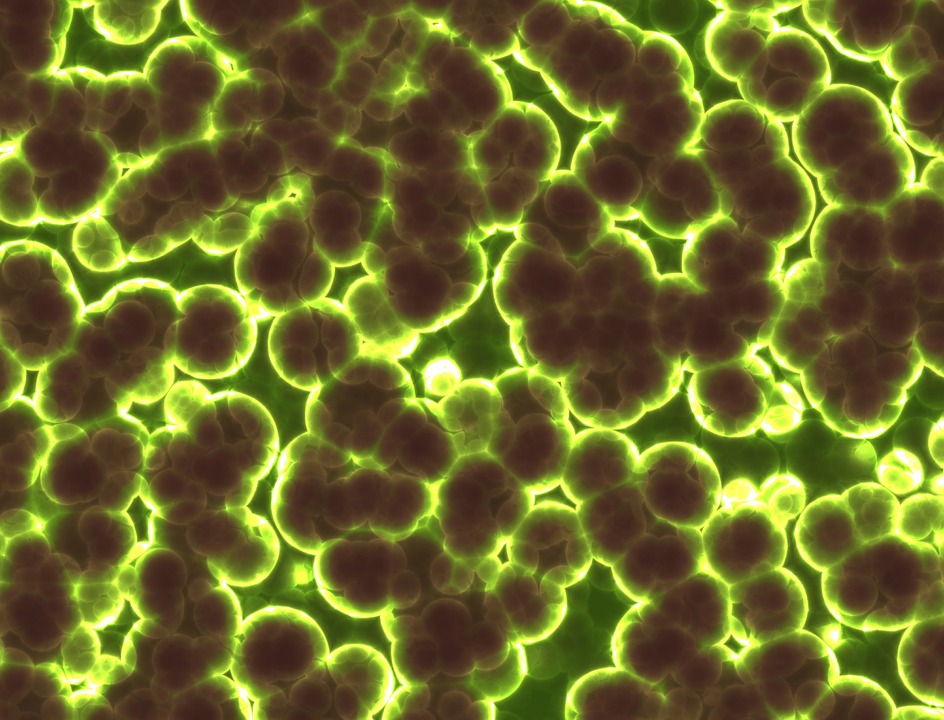Enzymatic Pyruvate Depletion as Adjunctive Therapy for the Treatment of Biofilm-Related Infections
Enzymatically driven pyruvate-depleting conditions enhance the ability of antimicrobial agents and/or the immune system to control the growth of microorganisms
A hallmark of biofilms is their extreme tolerance to antimicrobial agents, rendering infections by biofilms recalcitrant to conventional treatment therapies. This has brought on the realization that successful treatment of biofilm infections will require the development of novel treatment strategies. It is thus not surprising that biofilm dispersion, a regulatory response to environmental cues, allowing bacterial cells to convert to the planktonic state, has become a major focus of recent research endeavors to combat biofilms. However, while much attention has been paid to agents inducing biofilm dispersion, little is known about the mechanism underlying dispersion.
This technology utilizes a new approach to modulating the extracellular metabolites of biofilm cells to enhance the ability of antimicrobial agents and/or the immune system to control the growth and persistence of microorganisms in medical settings and aqueous systems.
 https://pixabay.com/illustrations/bacteria-germs-microbes-medical-1959386/
https://pixabay.com/illustrations/bacteria-germs-microbes-medical-1959386/
- Biodegradable.
- Non-toxic.
- Approach capable of targeting resistant biofilm cells.
- Mechanism of action and experimental data suggest very low likelihood of the emergence of resistance.
- Can be used synergistically with other antimicrobials and dispersion-inducing compounds.
U.S. 16/428,560
Patent Information:
| App Type |
Country |
Serial No. |
Patent No. |
Patent Status |
File Date |
Issued Date |
Expire Date |
|